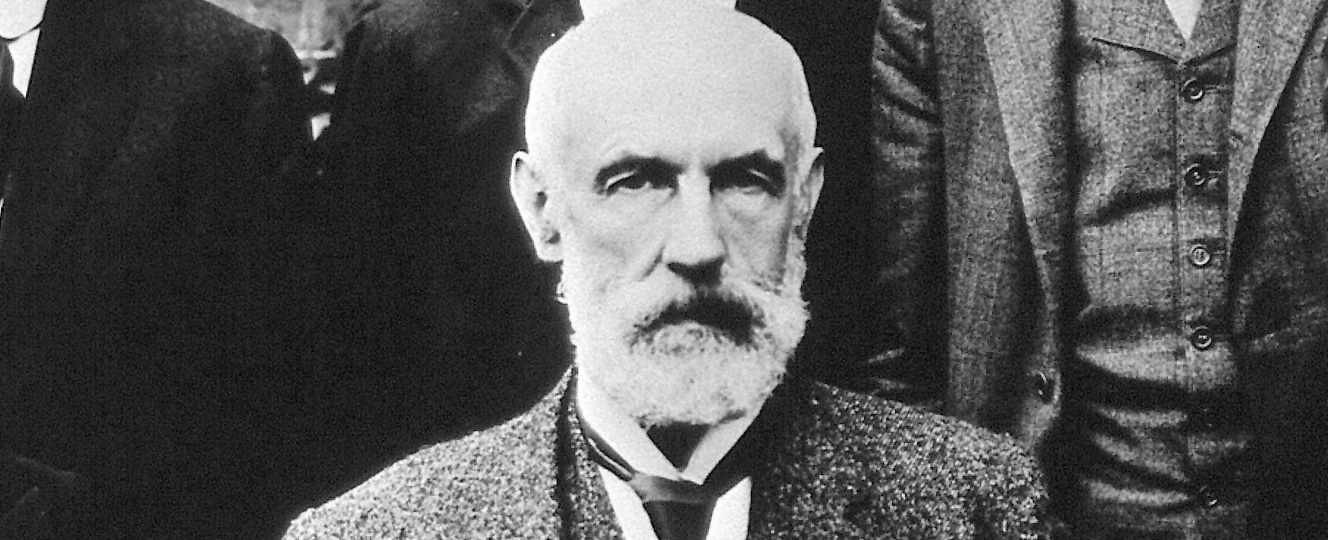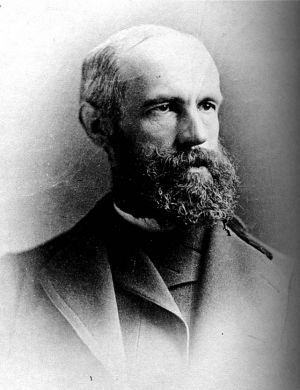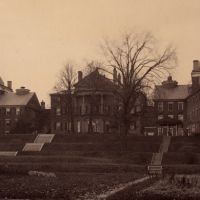Primary Source
To me psychology, for the most part, to-day lives, moves, and has its being in a pre-Darwinian age. There has hardly ever been a genetic paper of any kind read out of the four or five hundred presented at the meeting of the American Psychological Association, which, by the way, was organized in my house. Psycho-analysis in its larger scope, such as Jung has seen better than Freud, marks the advent of geneticism in this domain, and it is making about as much of a hullabaloo now as Darwinism did among the clergy when the "Origin of Species" was published. Perhaps there is somewhere in this country a good course of psychology given on this new line that is certain to sweep everything before it, but if there is I do not know of it. I believe I am the only professor outside of medical schools who belongs to our Psycho-analytic Association, but a view so large that it undercuts philosophy itself and analyzes philosophers, that it gives us a new basis for religion, a new interpretation of history, a new method of biography, a new conception of the child, a just view of disease, of all kinds of psychic troubles, is now looming up, and a few of the stock psychologists are beginning to see the handwriting on the wall. My own study and teaching in this field has rejuvenated me.
Quoted in G. Stanley Hall: A Biography of a Mind, by Lorine Pruette (D. Appleton and Company, 1926).








